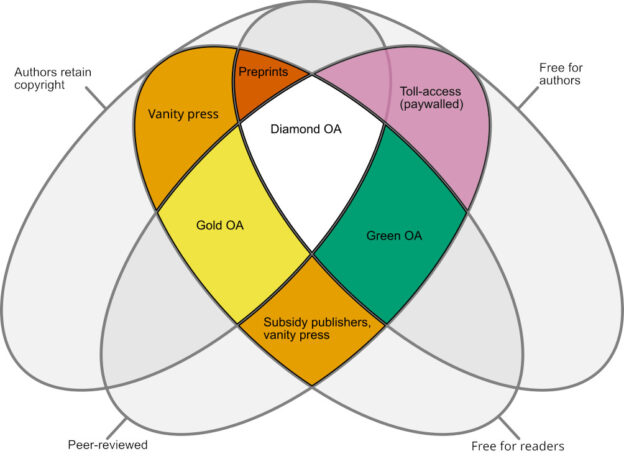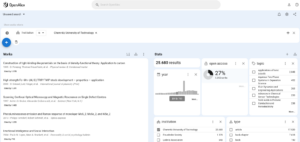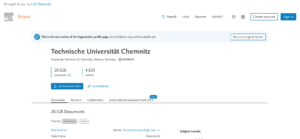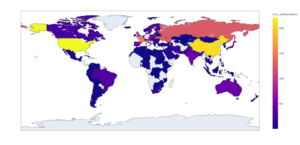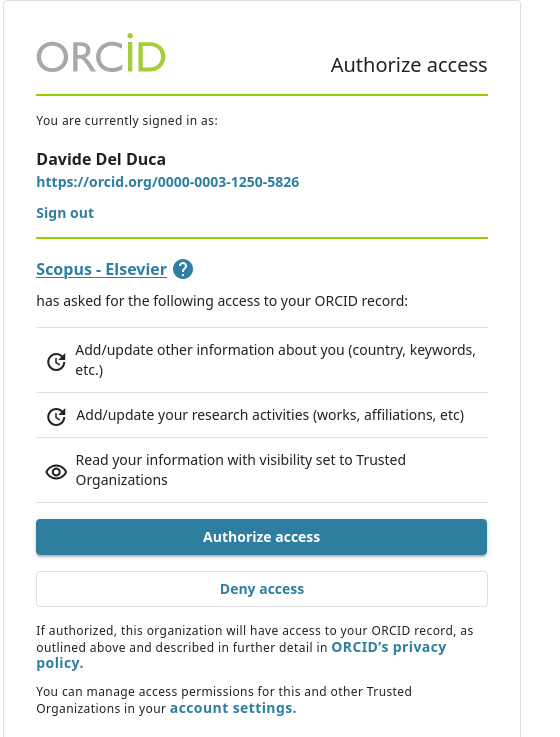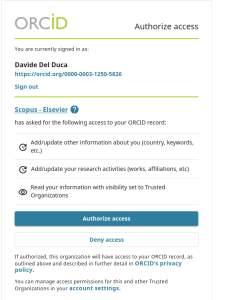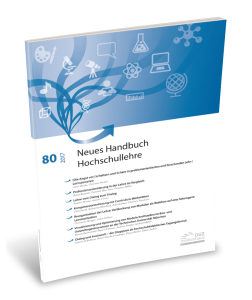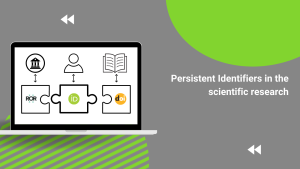A study on ArXiv states that the costs for APCs in Open Access have tripled from 2019 to 2023. This clearly requires a solution, as these costs are no longer sustainable for libraries and universities. Diamond Open Access (DOA) Journals are gaining increasing importance in this context. These journals offer free access to both readers and authors without publication fees (Article Processing Charges, APCs). But what makes DOA so special, and which projects worldwide demonstrate how successful this model can be? This article provides an overview of successful DOA initiatives and offers insights into how universities can promote this model internally.
What is Diamond Open Access?
Diamond Open Access refers to a publication model in which scholarly journals are freely accessible, and authors do not have to pay any fees. According to the OA Diamond Journals Study (2021) by cOAlition S and Science Europe, DOA journals account for approximately 73% of the publications registered in the Directory of Open Access Journals (DOAJ), with a strong presence in the humanities and social sciences. They are often funded by universities, libraries, or public institutions, making them a sustainable and equitable model. Below is a brief list of projects worldwide and in Europe that focus on Diamond Journals. This list does not claim to be exhaustive.
DOA Projects Worldwide
- SciELO (Scientific Electronic Library Online). SciELO is one of the largest DOA platforms, hosting over 1,500 journals, primarily from Latin America, Africa, Portugal, and Spain. Funded by public and academic institutions, SciELO promotes regional research and strengthens bibliodiversity. It demonstrates how global visibility and local relevance can go hand in hand.
- Redalyc. Redalyc, also based in Latin America, hosts over 1,400 DOA journals. Supported by universities and governments, the platform provides free access to scholarly content and strengthens research in resource-scarce regions.
- Open Library of Humanities (OLH). OLH is a pioneer in the humanities, with 33 DOA journals. Funded through membership contributions from libraries worldwide, OLH uses the open-source Janeway system to keep costs low. This model is particularly appealing for universities looking to invest in existing platforms rather than developing their own.
- African Journals Online (AJOL). AJOL supports over 500 African journals, many of which follow the DOA model. Through funding from foundations and institutions, AJOL enhances the visibility of African research and proves that DOA can work in regions with limited resources.
DOA Projects in Europe
- OpenEdition Journals (France). OpenEdition Journals is a leading platform for humanities and social sciences, hosting numerous DOA journals. Using the open-source Lodel software and supported by French and European institutions, it promotes multilingual and multicultural research.
- openjournals.nl (Netherlands). The openjournals.nl platform supports DOA journals in the Netherlands and is funded by academic institutions and libraries. It uses Open Journal Systems (OJS) and covers various disciplines, such as social sciences and humanities.
- tidsskrift.dk (Denmark). tidsskrift.dk is a Danish platform for DOA journals, supported by the Ministry of Education and Research. It focuses on social sciences and humanities and uses OJS to ensure accessibility.
European Support for DOA

European projects like DIAMAS and CRAFT-OA, funded through Horizon Europe, strengthen the sustainability of DOA journals. DIAMAS develops institutional publishing models, while CRAFT-OA, with its Diamond Discovery Hub (under development as of May 22, 2025), enhances the visibility of DOA journals. These initiatives, along with support from Science Europe and the UNESCO Recommendation on Open Science (2021), promote the spread of the DOA model in Europe.
Not All That Glitters Is Diamond
While the Diamond Open Access (DOA) model is valued for its ethical and cost-free publishing approach, caution is warranted, as not every publisher labeling itself as “Diamond” adheres to these principles. Some publishers misuse the term “Diamond” to attract authors and readers while charging hidden fees or neglecting the quality of peer review, which contradicts the standards of reputable DOA journals. Such practices can undermine the credibility of research and the principles of open access. Universities and researchers should therefore scrutinize the transparency and funding models of publishers and rely on established platforms and databases like DOAJ to ensure collaboration with reputable Open Access journals.
Challenges and Opportunities
Despite their advantages, DOA journals face challenges, such as reliance on volunteers or the lack of long-term archiving strategies (57% of DOA journals, according to the OA Diamond Journals Study by cOAlition S and Science Europe [page 96], lack such strategies). Nevertheless, they offer significant opportunities: they promote bibliodiversity, support multilingual research, and align with guidelines like Plan S, which demand open access.
Diamond Open Access at TU Chemnitz
At the Technical University of Chemnitz, we are actively committed to Diamond Open Access to promote free access to scholarly research. The university library operates a platform for Open Access journals based on the open-source software Open Journal Systems (OJS), hosting several high-quality DOA journals, including the innoTRAC Journal, GAMM Archive for Students (GAMMAS), and the Journal of Embedded Selforganising Systems. These journals cover innovative topics such as traction mechanisms, applied mathematics, and computer science and are completely free for both authors and readers. Through our Open Access policy, which has enabled primary and secondary publications in the MONARCH-Qucosa repository since 1995, as well as through training and advisory services, we promote the visibility and sustainability of our researchers’ work. The platform also supports the assignment of persistent identifiers like DOIs to ensure maximum reach and long-term archiving.
If you are interested in establishing a Diamond Open Access journal at TU Chemnitz and becoming part of this forward-looking movement, please contact me via the university library to receive support and further information.

